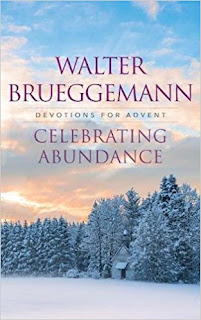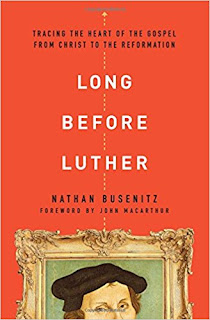AUTHOR: Anne Bogel
PUBLISHER: Grand Rapids, MI: Baker Books, 2017, (224 pages).
Why do people behave in a certain way? How can we understand another person based on their behaviour? How can we better understand others and ourselves? Enter personality tests. These help us learn more about ourselves and give us a snapshot of who we are at any particular time. Many of these are based on scientific data and research. With choices lie a new challenge: Of the many many personality tests out there, how do we choose? What are the differences between them? How do they stack up against one another? Here is where author Anne Bogel can help us navigate the potpourri of models. She talks about how the Myers-Briggs Type Indicator (16 personality types) help her understand her own unique characteristics, how it explains her marital relationship and understanding herself. She dwells on Carl Jung's famous introvert/extrovert temperaments and takes it beyond just human people but church structures. For instance, she observes that most denominational churches have programs that appeal more to extroverts, which becomes a challenge for the introvert. Looking at Elaine Aaron's "Highly Sensitive Person," we become more aware of how sensitive our nervous systems are to various stimulus. This is particularly useful for parents dealing with highly sensitive children. Then there is the popular "Five Love Languages" by Gary Chapman that essentially deals with our primary language that would stir us up emotionally. Kiersey's four basic temperaments are the Artisans (SP); Guardians (SJ); Idealists (NFs); and Rationals (NTs). Bogel goes into detail the Myers-Briggs Type Indicator, showing us what we need to know about the eight cognitive functions (combinations of extrovert/introvert perceptive (sensing or intuiting) and judging (thinking or feeling) functions. She takes time to explain what each of the eight cognitive functions mean and gives us three reasons for persisting in this self-analysis. First, it helps us to be confident of our own MBTI Type. Second, it helps us understand people. Finally, it helps us in our relationship as we adapt ourselves to adapt to the respective persons we deal with. She covers the "Clifton Strengthfinder" and confesses how this tool helps her love reading in the first place. Listing the 34 strengths, we learn about themes in executing; influencing; relationship-building; strategic-thinking; etc. The Enneagram is a personality framework that "fosters self-awareness and self-examination" to help us understand our spirituality. It is based on Evagrius Ponticus's eight or nine vices that impede our relationship with God. She then summarizes all the models and shares about the uniqueness and challenges of personality change vs behavioral change. While the results for us change over time, our core temperaments remain consistent. The more important questions are:

























